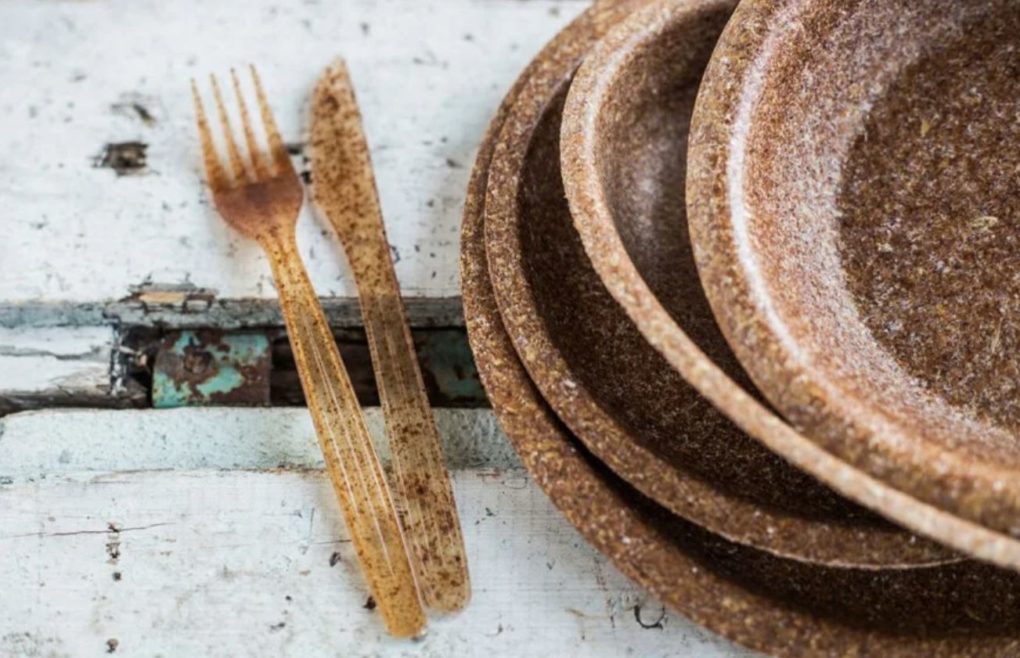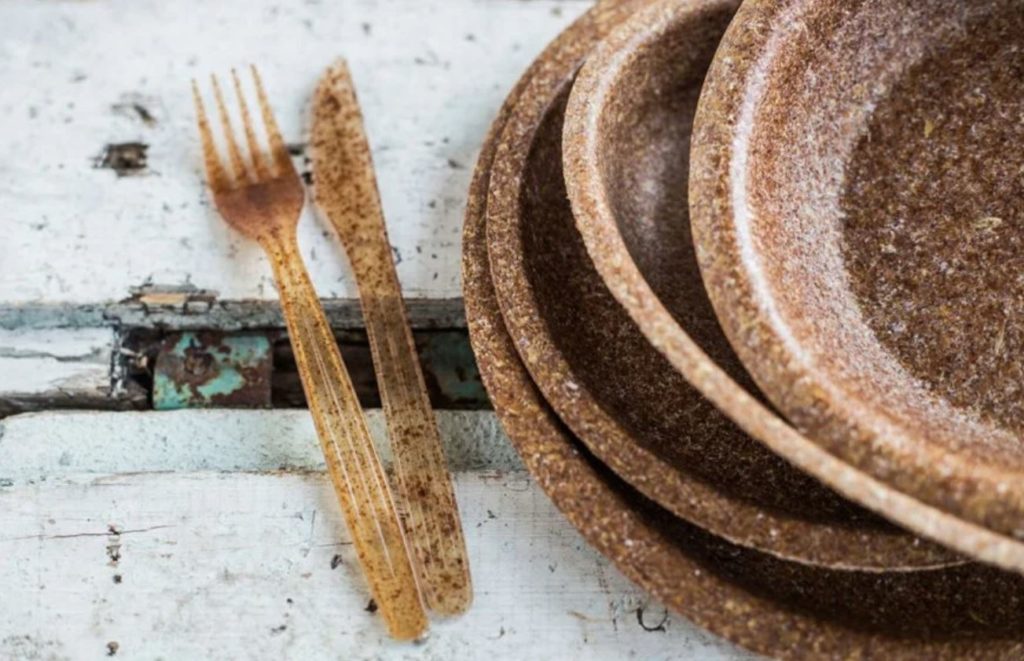Biodegradable Tableware Made From Wheat Bran Could Be One Solution To Plastic Pollution
A Polish business called Biotrem is offering a unique solution to help fight plastic pollution with their disposable, biodegradable tableware made from unprocessed wheat bran.
Biotrem’s product is an alternative to disposal tableware manufactured from plastic or paper. Plastic and paper products make more of a negative impact on the environment – both in the production phase and in the time it takes them to biodegrade.
“Our production process does not require significant amounts of water, or mineral resources, or chemical compounds,” reads a statement on the Biotrem website.
Widget not in any sidebars
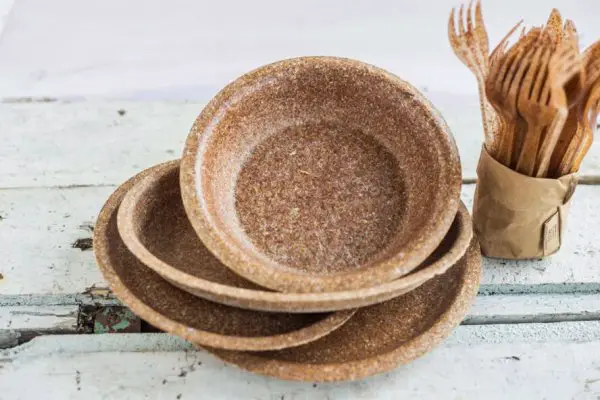
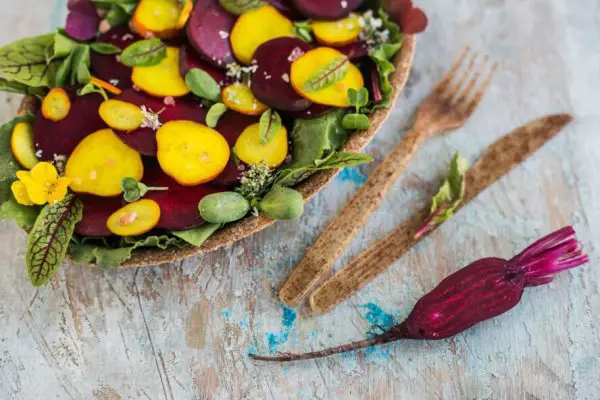
Plastic products can take hundreds of years to break down and even paper plates can take up to six months. Biotrem’s wheat-based products need just 30 days.
“From 1 ton of pure, edible wheat bran we can produce up to 10,000 units of plates or bowls. What’s more important, our products are fully biodegradable – through composting – in just 30 days.”
Just add water
According to the company, the manufacturing process is ‘clean and environmentally friendly’. Wheat bran and ‘small amounts of water’ are the only components, which are put through a high pressure and temperature process.
The bran-based tableware is versatile and can be used for hot or cold food, liquids or solids. The bowls and plates can be placed in either a traditional oven or a microwave.

Biodegradable bowls and plates are Biotrem’s main focus and they claim to be able to produce about 15 million of these each year at the production plant in Zambrow.
They also make disposable cutlery using a combination of wheat bran and fully biodegradable PLA bio-plastic.
Biotrem’s bowls and plates come in various different dimensions. They are available in around 20 European countries. As well as the United States, Canada, Argentina, Chile, Lebanon, South Korea and Australia.

The brain behind the idea was that of wheat farmer and miller Jerzy Wysockil. Wysockil’s family milling tradition goes back more than 100 years.
At the end of the milling process, Wysockil had been finding himself with excess wheat bran. Through mixing water with the bran and heating and pressurizing the material, he finally came to the end product after a period of trial and error.

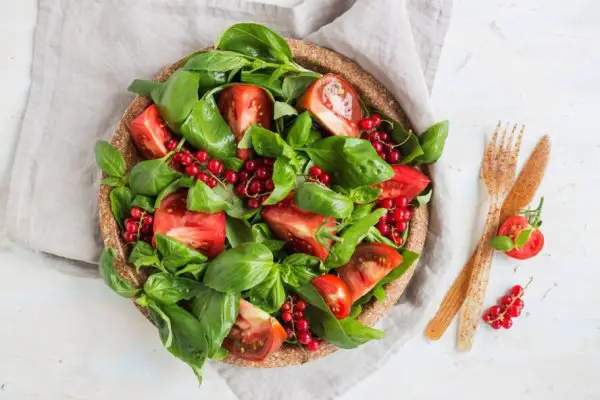
Source: Truth Theory
Image credits: Biotrem
I’m an experienced journalist who has written for some of South Africa’s biggest publications. Also a photographer, soccer coach, dog-lover and surfer, I enjoy spending time outdoors in beautiful Cape Town. I believe that a new approach is needed to sustain our planet and that it is important to put this message out. Read More stories by Anthony McLennan
Subscribe for natural health news to your inbox. Follow Natural Blaze on YouTube, Twitter and Facebook.
